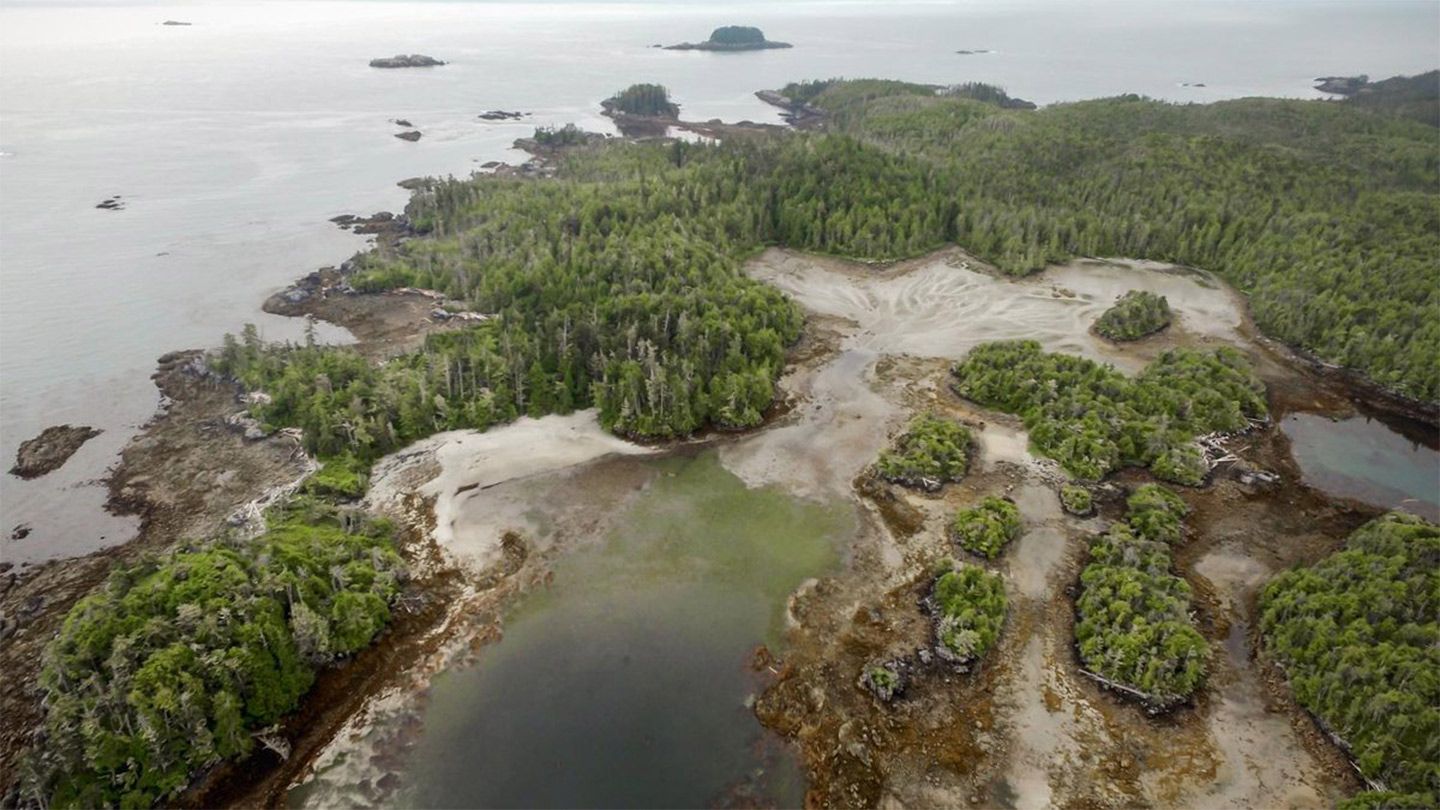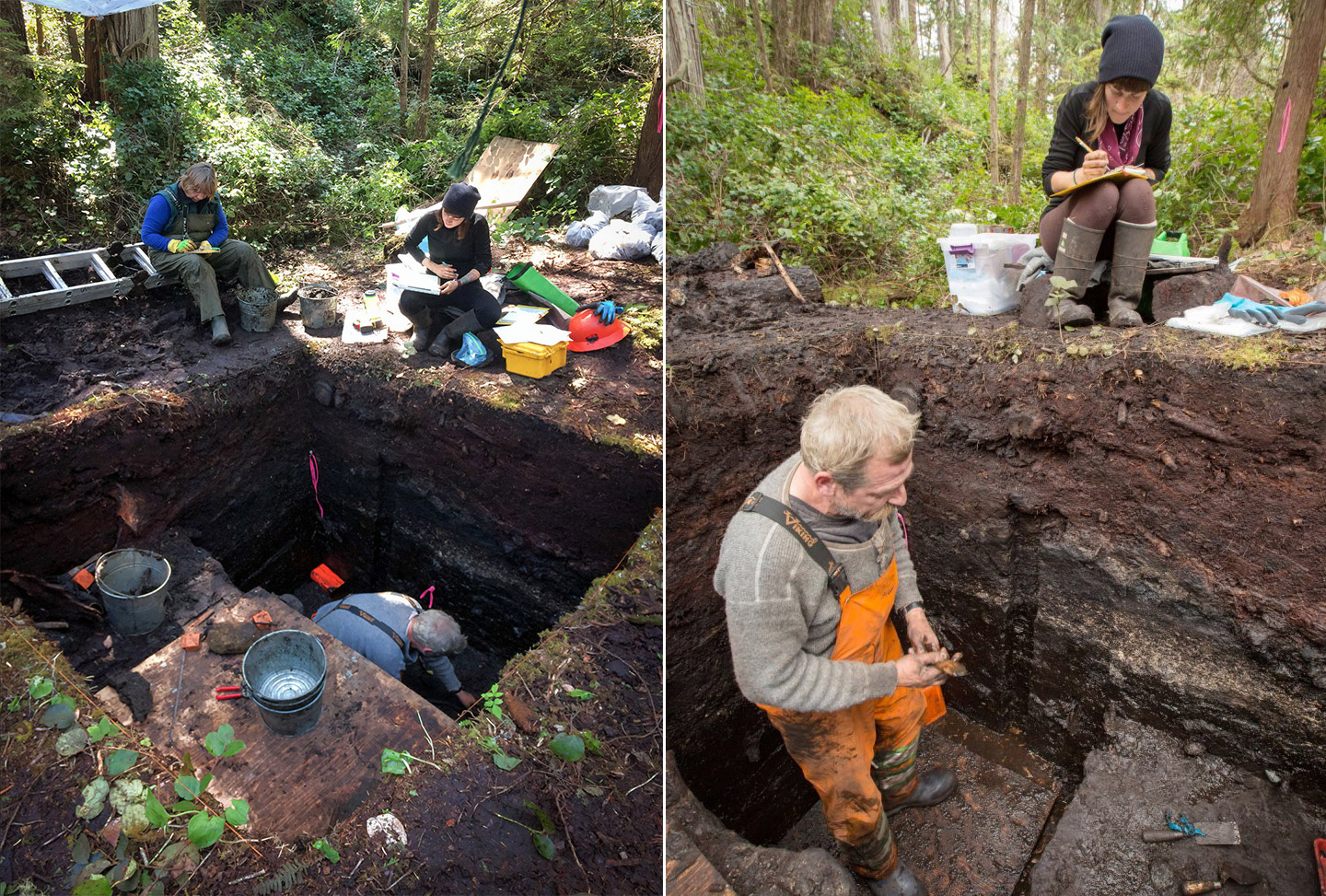A new excavation on Triquet Island on British Columbia’s Central Coast has now backed the claim that the Heiltsuk Nation, an indigenous group, fled for survival during the Ice Age to a coastal area in Canada that never froze.
Archaeologist Alisha Gauvreau, a doctoral student from the University of Victoria and a scholar with the research institute Hakai, led a group that found several artifacts, including wooden tools and charcoal, during an excavation of the site back in 2016, reports Business Insider.
The team then sent the charcoal to a lab for carbon dating. They found that the pieces date back between 13,613 to 14,086 years ago. This would make them thousands of years older than the Egyptian pyramids, writes Business Insider. It also makes them some of the oldest artifacts in North America.
This discovery will help archaeologists understand how civilizations began, writes Business Insider. There are multiple theories. One is that the first North Americans came over a “land bridge” that was previously between Asia and Alaska. Another theory is that they traveled by boat while hunting sea mammals.
William Housty, a member of Heiltsuk Nation, told CBC news that this finding is important because it “reaffirms a lot of the history” that his people have been discussing and passing down for thousands of years.
This article was featured in the InsideHook newsletter. Sign up now.























